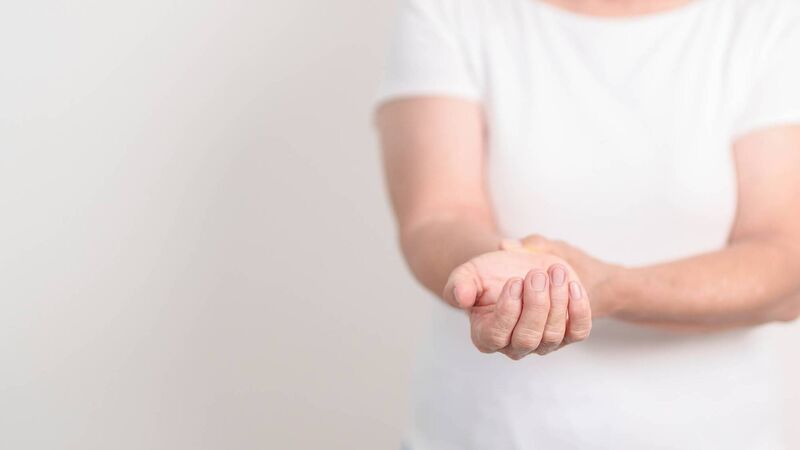Natural Health: What can my mum do to ease Parkinson's symptoms?

Megan Sheppard: "As you will be aware, Parkinson’s is both chronic and progressive — meaning that the trembling increases and spreads, often making even the most mundane and straightforward daily tasks difficult. While this is a movement disorder, it is also very emotionally and mentally challenging."










